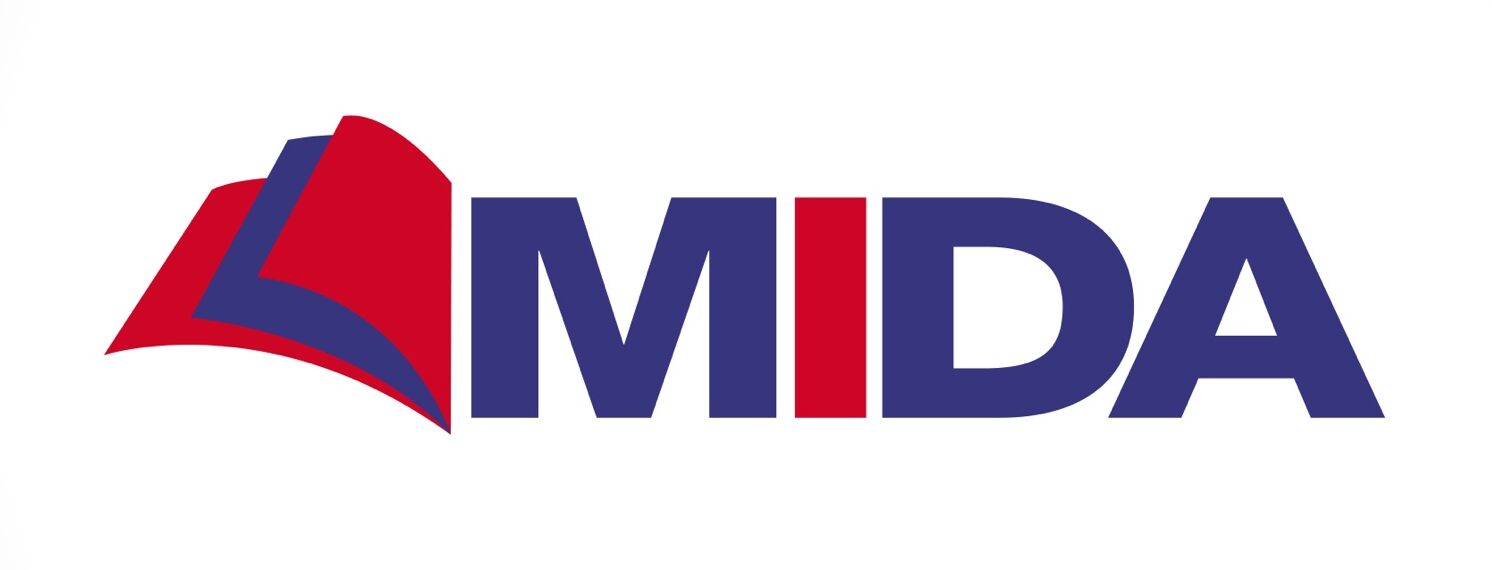Project Manager: Josefine Hoffmann
Project Status: running
This PhD thesis is situated within the thematic complex of entangled West German and Indian social and economic histories. It identifies and follows bilateral vocational training co-operations in the steel and engineering industries on their trajectories through planning and implementation. Eventually, the project’s aim is to trace the co-operations’ impact on the Indian industrial labour market. Because of changing global and national politics, the investigation’s time frame ranges from the early 1950s until 1989.
Claiming philanthropy and altruism, the Federal Republic of Germany invested in development and technical aid in recently independent India, where modernization of the industrial sector was an important factor in the manifestation of a postcolonial nation. For both, India and the FRG, co-operations in the steel and engineering industries as a modern state’s showcase industries were expected to have various financial and strategic benefits – politically mainly in the Cold War context of India’s non-alignment and the FRG’s Hallstein doctrine.
Embedded within these state political positions and new educational schemes of independent India, several co-operations on the company level emerged. Some of them were initiated by private economies, some were in fact relying on financial support by the governments. These diverse and partly conflicting interests, that resulted in hierarchies and platitudes by the different actors, represent a framework for this PhD project. The project examines the co-operations in the context of vocational training, apprenticeship and knowledge transfer on the workers’ level: one might for example ask, what happened to the German dual vocational training system, consisting of a combination of theory and practice, applied to an Indian context.
In fact, vocational training co-operations had taken two different forms in the Indo-German context by the 1960s: Either, Indians were sent to the FRG to be trained in the companies there, or, a much preferred option, Germans went to India in order to be „experts” and train the Indian company workers on the spot. The latter option also included instructing higher ranking Indian employees on how to train new workers. How did these two very distinct situations affect the growing industrial labour market in the two above mentioned industries on both the institutional and the individual level?
While in the making of a liberal market, social and industrial modernization was seen to be intercausal, investment in „human capital” also stressed the importance of practical skills in contrast to academic knowledge. The German steel and engineering industries were relying on skilled workers, so called „Facharbeiter”, who were doing the work which in many other countries only an engineer was able or allowed to do. Collaborations under these preconditions informed the Indian (and maybe the German) discourse of skill, knowledge, know-how et cetera, thus affected the labour market and thereby questions of employment, un-employment and security for many workers.
The dissertation uncovers these entangled histories and their relevance, using mainly German archival holdings in private companies’ as well as public economic archives, thereby making the archives visible for the intentions of the MIDA project.
